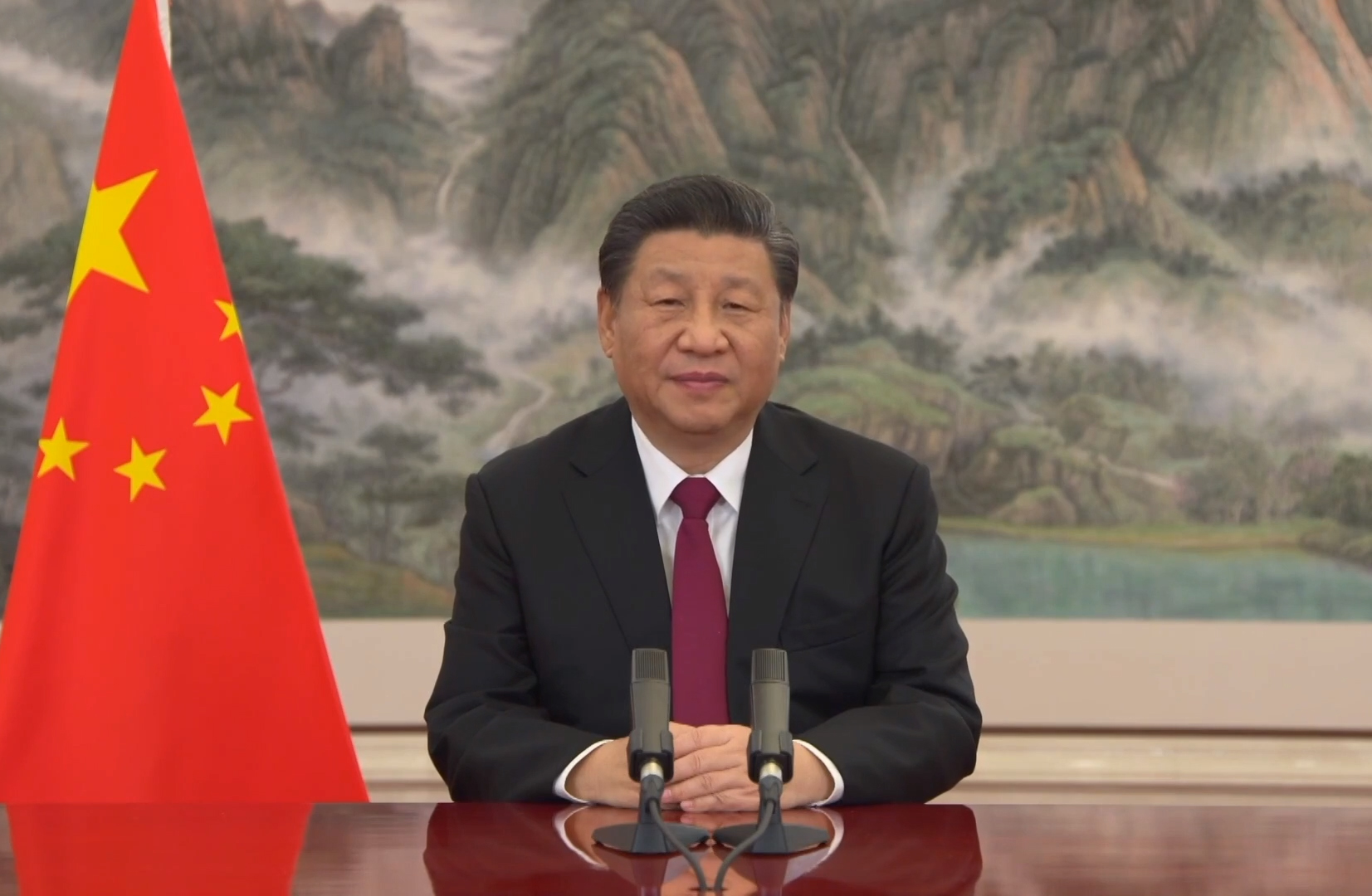The energy transition without China costs (much) more

According to a study by Wood Mackenzie, the separation from China for clean technologies will make the global energy transition more expensive by 20 percent. Increasing dependence, however, could have industrial repercussions. Numbers, details and doubts
It is well known – Startmag often deals with this – that China dominates the manufacturing of almost all the technologies necessary for the energy transition, from solar panels to wind turbines to batteries , not to mention the refining of critical minerals such as lithium, graphite and Rare lands .
CHINESE DOMINATION OVER THE ENERGY TRANSITION SUPPLY CHAINS
Chinese dominance is so broad and deep-rooted that the West's attempts to do without Beijing for these devices and materials could make the transition more difficult and more expensive, with all that this would entail on a climatic and political level: the plans for the reduction of emissions may not be able to meet the set deadlines, for example; furthermore, a transition perceived as too burdensome would be contested by public opinion.
Even if we want to put aside raw materials and intermediate components, and therefore limit ourselves to finished products, China is still the world's leading producer of batteries, photovoltaic panels, electric vehicles and wind turbines, with percentages far higher than the 50 percent of the global total. This massive production has allowed Chinese companies to achieve economies of scale and reduce manufacturing costs, to the point that making panels, turbines or batteries in China costs much less than in Europe, the United States and even India.
THE COST OF SECONDMENT
Decoupling , i.e. the complete detachment from clean technologies built in China – a nation on which the European Union, the United States, Japan and Australia would not want to be dependent – would make the global energy transition more expensive by 6 trillion dollars. The calculation is by the consultancy firm Wood Mackenzie .
These 6,000 billion dollars would be added to the 29,000 billion in capital expenditure that Wood Mackenzie estimates will be necessary until 2050 to achieve the condition of carbon neutrality, i.e. net zero greenhouse gas emissions. In summary: without China, the transition to clean energy will cost the world 20 percent more. As Quartz writes, $6 trillion is a figure equivalent to the sum of the gross domestic products of the United Kingdom and India.
AN ACCEPTABLE SURCHARGE?
At this point, there is only one question: is 20 percent an acceptable surcharge to achieve the objectives of reducing dependence on China? Neither Europe nor America want total decoupling , however, but a more modest de-risking that involves the diversification of suppliers and the strengthening of internal supply chains. In short, the Western energy transition will not be China-free – assuming that is possible – but with reduced Chinese content, and therefore will probably not cost 6 trillion more.
There will, however, be a surcharge: as Quartz notes, several Western companies – especially Canadian and Australian mining companies – speak openly about the need for customers to pay higher prices to guarantee supplies of raw materials unrelated to China and therefore less subject to to geopolitical risks.
Furthermore, if it is true that doing without China will make the energy transition more expensive, it is also true that complete reliance on this country still involves a cost, namely the loss of industrial capacity and unemployment. The European solar components sector, for example, is in crisis because it is unable to compete with imports of much cheaper Chinese panels. In recent weeks, as many as four European photovoltaic device factories have closed or announced plans to do so, including Meyer Burger 's large plant in Freiberg, Germany.
This is a machine translation from Italian language of a post published on Start Magazine at the URL https://www.startmag.it/energia/costo-transizione-energetica-senza-cina/ on Sun, 18 Feb 2024 06:37:30 +0000.
